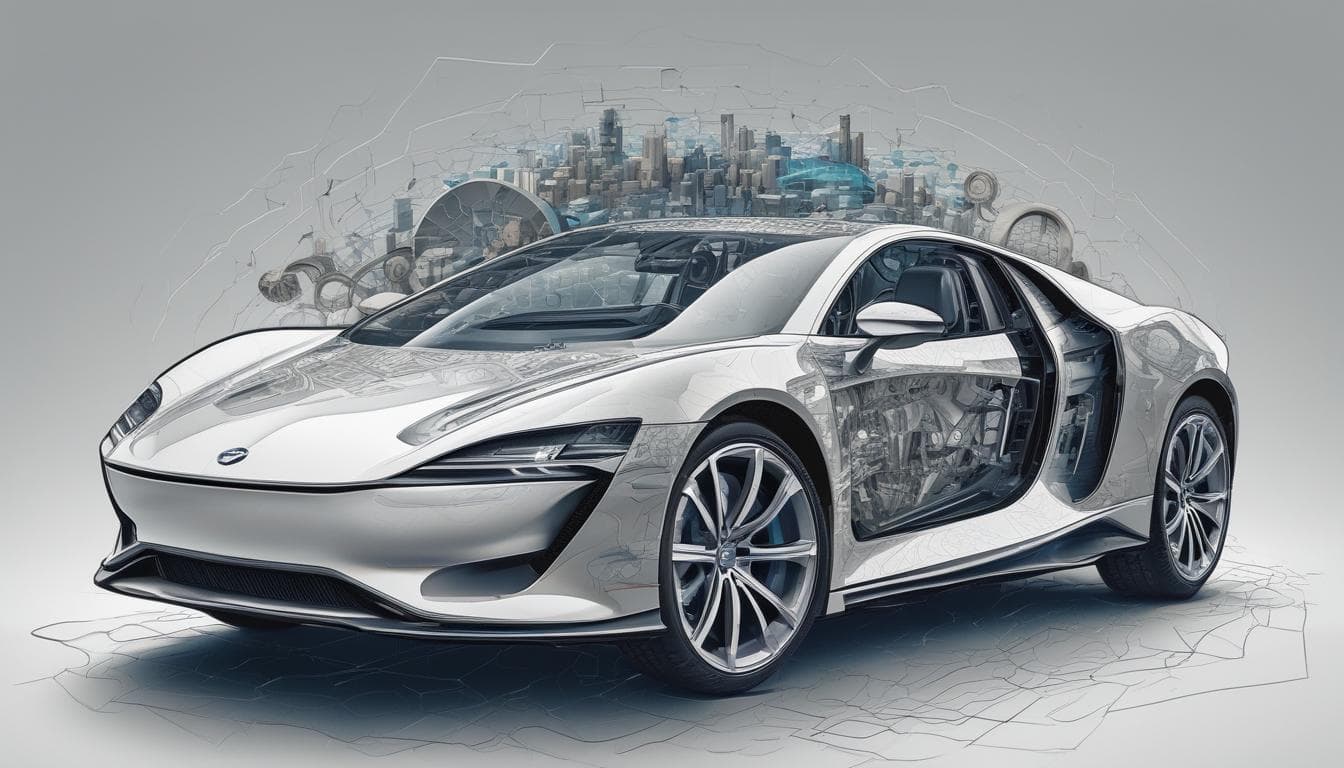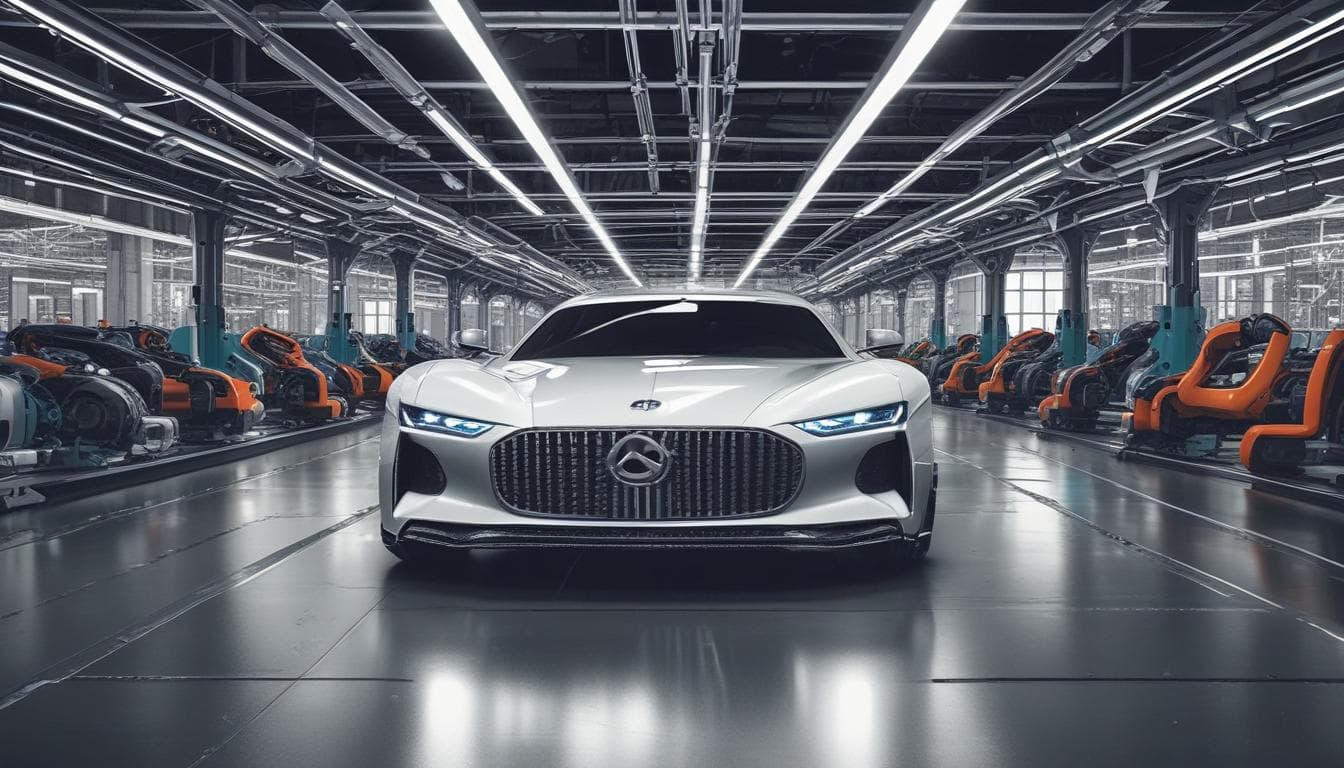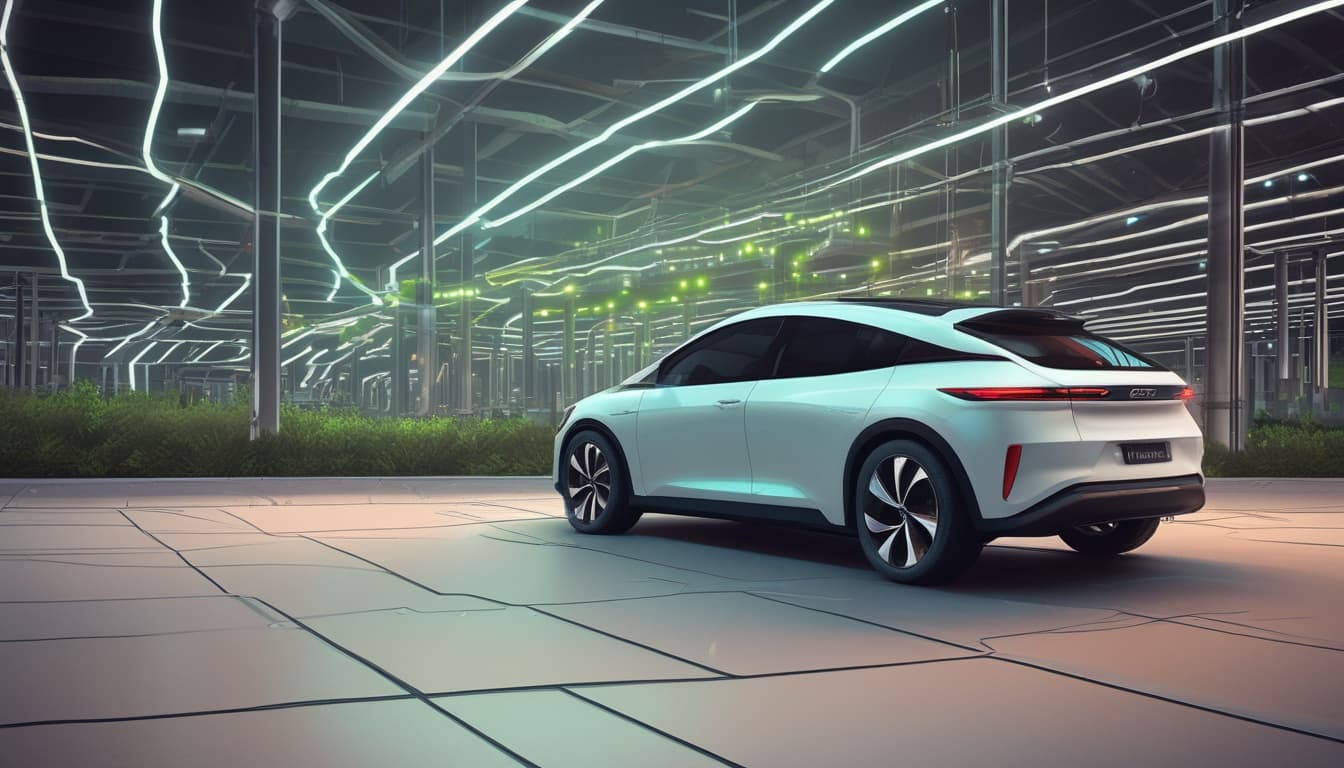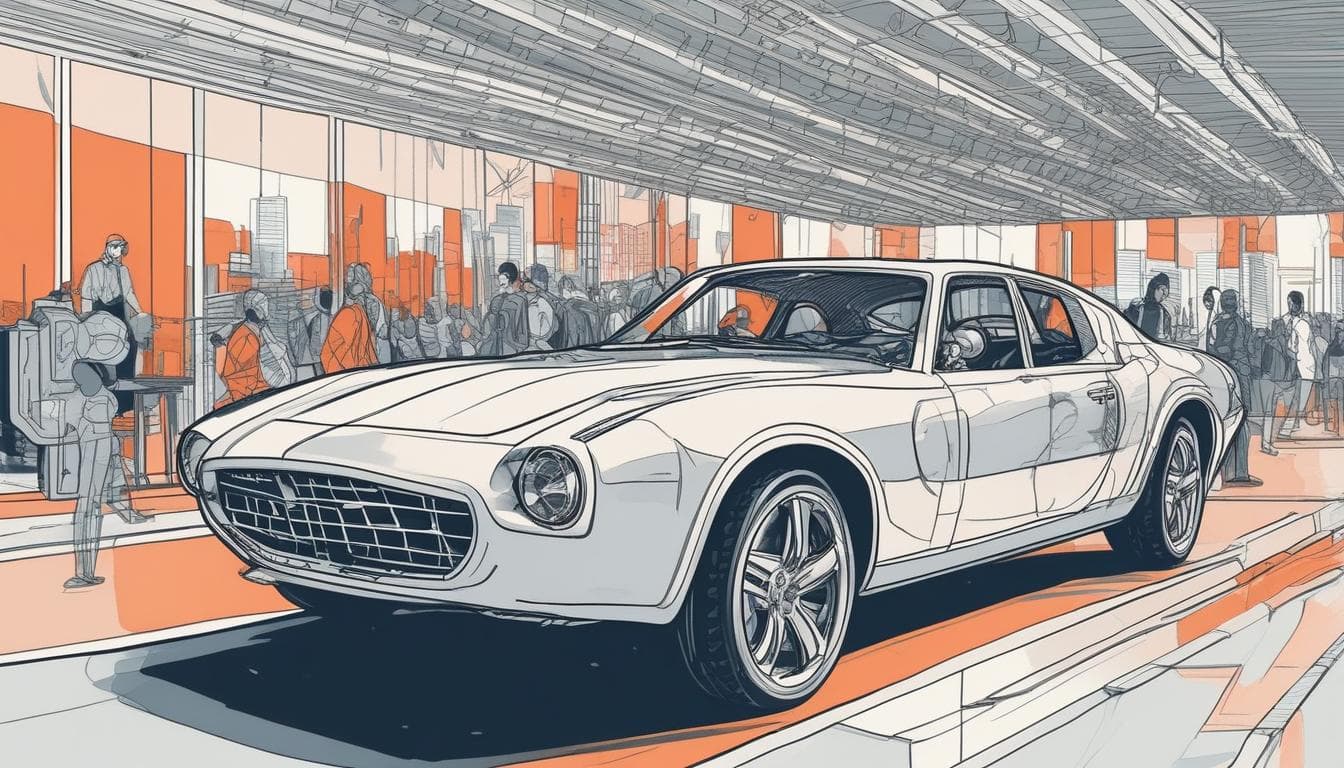Generative AI is rapidly changing the automotive industry, impacting everything from design and engineering to customer experience and marketing. This article explores the various applications of generative AI in the automotive sector and discusses its potential to revolutionize the future of mobility.
Generative AI in Automotive Design
Streamlining the Design Process
Generative AI tools are transforming the way vehicles are designed. Traditionally, automotive design is a time-consuming process involving multiple iterations and manual adjustments. Generative design algorithms can automate this process by generating a wide range of design options based on specified parameters such as weight, aerodynamics, and material constraints. Designers can then explore these options, refine them, and select the most promising designs, significantly accelerating the design process. This technology allows designers to focus on creative aspects while the AI handles tedious and repetitive tasks, as demonstrated in the ai revolution in automotive.
Personalized Vehicle Design
Generative AI can enable mass personalization of vehicles. Customers could input their preferences for various design elements, from the overall shape of the car to the details of the interior, and the AI could generate unique designs tailored to individual needs and tastes. Imagine choosing the color of your dashboard, the texture of your seats, and the shape of your steering wheel – all through an AI-powered interface. This level of personalization could revolutionize the automotive market and create entirely new business models.

Generative AI in Automotive Engineering
Optimizing Vehicle Performance
Beyond design, generative AI can optimize vehicle performance. AI algorithms can analyze vast datasets of vehicle performance data to identify areas for improvement in aspects like fuel efficiency, handling, and safety. For example, AI could analyze the aerodynamics of a car and suggest subtle adjustments to the body shape that minimize drag and improve fuel economy. This data-driven approach can lead to more efficient and high-performing vehicles.
Developing Advanced Driver-Assistance Systems (ADAS)
Generative AI plays a crucial role in the development of ADAS. AI algorithms can be trained on massive datasets of driving scenarios to identify patterns and make predictions, enabling features such as lane keeping assist, adaptive cruise control, and automatic emergency braking. As AI technology advances, these systems will become increasingly sophisticated, paving the way for fully autonomous vehicles. For instance, AI can be used to simulate various traffic situations, helping to train self-driving cars to react safely and effectively, as explored in the future of driving: exploring the evolution and impact of advanced driver-assistance systems (adas).

Generative AI in Customer Experience and Marketing
Enhancing Customer Interactions
Generative AI is transforming customer service in the automotive industry. AI-powered chatbots can provide instant and personalized support to customers, answering their questions about vehicle features, maintenance schedules, and financing options. This shift in customer service is complemented by innovations such as digital showrooms in automotive retail, which further enhance the customer experience.
Creating Personalized Marketing Campaigns
Generative AI can create personalized marketing campaigns tailored to individual customer preferences. By analyzing customer data, AI algorithms can identify patterns and predict which customers are most likely to be interested in specific vehicle models, features, or financing options. This targeted approach can improve the effectiveness of marketing campaigns and increase sales. For example, AI could generate personalized advertisements showcasing the specific features that a customer is most likely to value.

Conclusion
Generative AI is poised to revolutionize the automotive industry, transforming every aspect of the vehicle lifecycle from design and engineering to customer experience and marketing. As AI technology continues to evolve, we can expect to see even more innovative applications of generative AI in the automotive sector, leading to safer, more efficient, and more personalized vehicles. The future of mobility is being shaped by the power of generative AI, and the automotive industry is only just beginning to scratch the surface of its potential. Join the conversation on Fagaf and share your thoughts on the future of generative AI in the automotive industry!






